Ethical Considerations in Generative Artificial Intelligence in ABA Practice
Hosted on Zoom
Event Details
Abstract
The rapid emergence of Large Language Models and Generative Artificial Intelligence (GAI) tools' integration into Applied Behavior Analysis (ABA) raises both opportunities and ethical challenges. This panel webinar brings together leaders in behavior analysis, data science, clinical operations, and ethics to critically examine the implications of using AI in areas such as data collection, progress monitoring, staff scheduling, and the ethical limits of automation in clinical judgment within ABA practices. Panelists will discuss the ethical responsibilities of behavior analysts when using AI tools and how to navigate emerging technologies while adhering to the BACB’s Ethics Code for Behavior Analysts and CASP's Practice Parameters for AI Use in ABA. Panelists will model ethical inquiry and decision-making processes to address real-life ethical dilemmas and scenarios about the use of AI in ABA practice, submitted by the CASP community.
Click here to submit your questions.
Learning Objectives
- Describe the ethical considerations and potential risks associated with implementing AI technologies in ABA practice areas such as data collection, progress monitoring, and staff scheduling.
- Analyze how the BACB’s Ethics Code for Behavior Analysts applies to real-world scenarios involving the use of AI in behavior analytic clinical decision-making and business operations.
- Evaluate strategies for ethically integrating AI technologies to enhance service delivery, improve operational efficiency, and maintain ethical and professional standards.
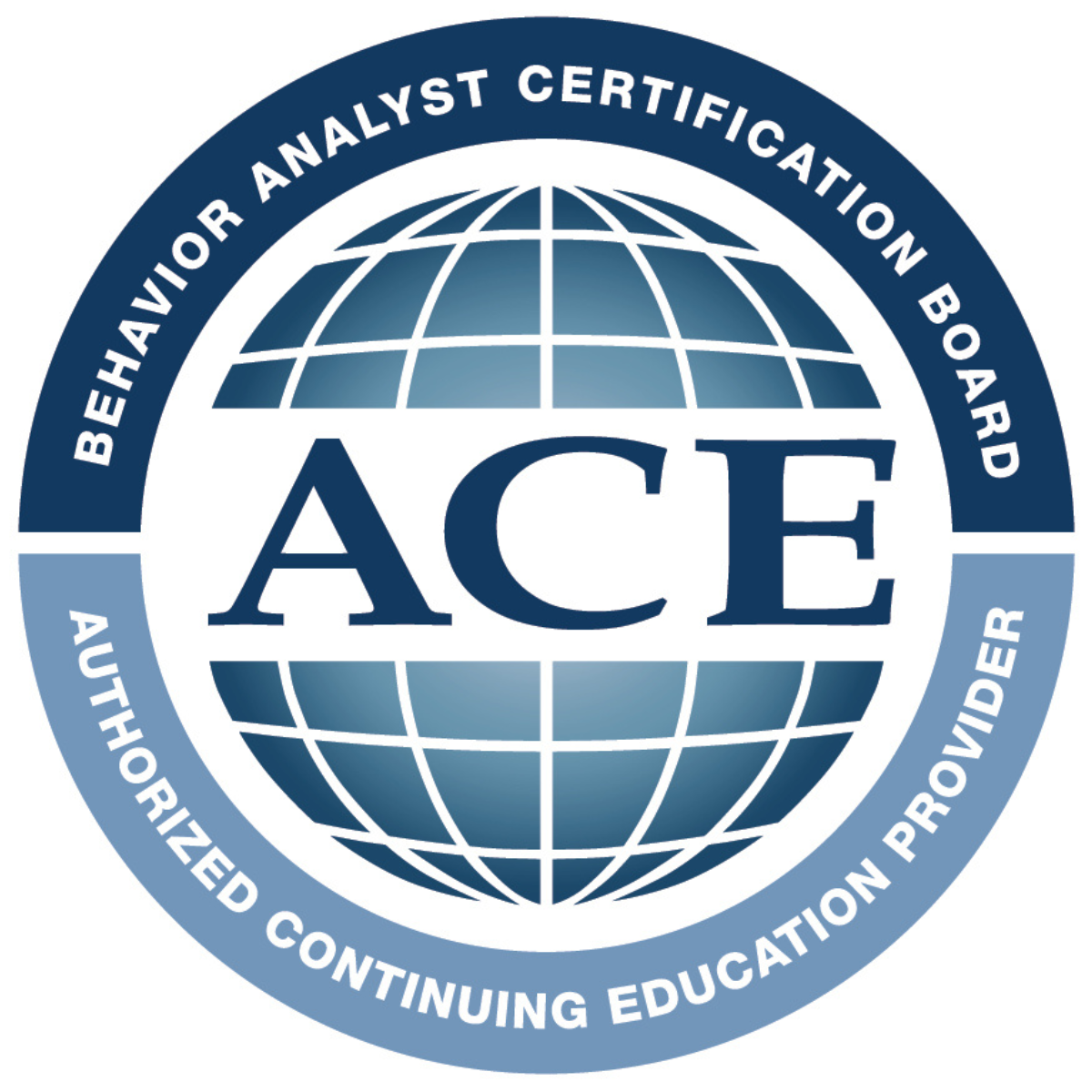
This webinar offers 1.0 BACB Ethics CEU.
Cost
- CASP Members - free
- non-members - $20
|
|
Presenters
|
|
|
|
|
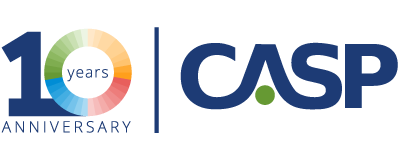
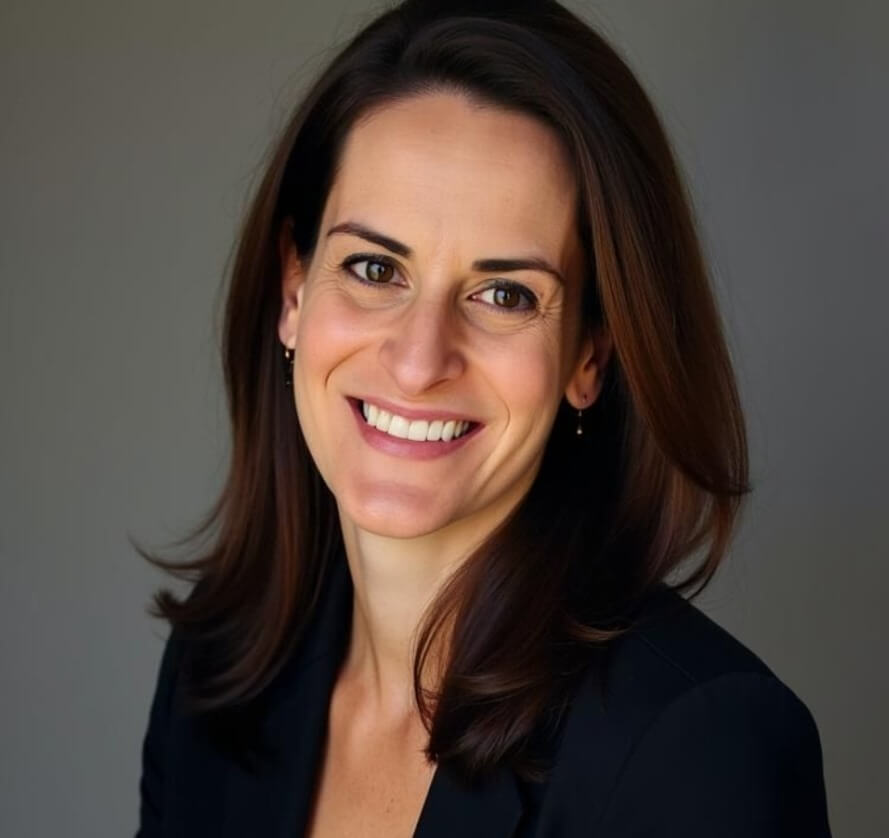 Alexandra Tomei, M.Ed., BCBA, LBA
Alexandra Tomei, M.Ed., BCBA, LBA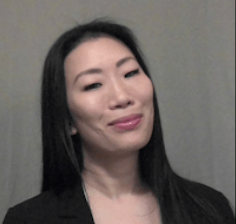 Maria R.S. Solis, MPH, BCBA
Maria R.S. Solis, MPH, BCBA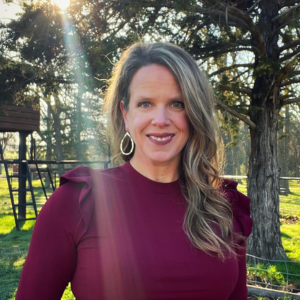 Rebecca Womack, MS, LBA, BCBA
Rebecca Womack, MS, LBA, BCBA
 Eleazar “Trey” Vasquez
Eleazar “Trey” Vasquez
